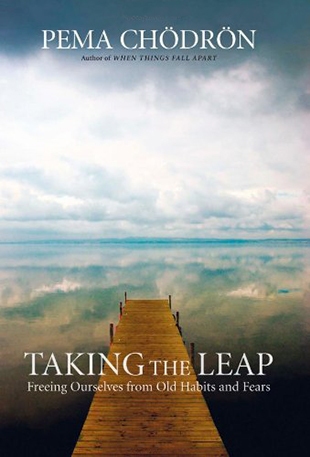"Our usual process is that we automatically do revive it by feeding it with an internal conversation about how another person is the source of our discomfort. Maybe we strike out at them or at someone else — all because we don't want to go near the unpleasantness of what we're feeling. This is a very ancient habit. It allows our natural warmth to be so obscured that people like you and me, who have the capacity for empathy and understanding, get so clouded that we can harm each other. When we hate those who activate our fears or insecurities, those who bring up unwanted feelings, and see them as the sole cause of our discomfort, then we can dehumanize them, belittle them, and abuse them.
"Understanding this, I've been highly motivated to make a practice of doing the opposite. I don't always succeed, but year by year I become more familiar and at home with dropping the storyline and trusting that I have the capacity to stay present and receptive to other beings. Suppose you and I spent the rest of our lives doing this? Suppose we spent some time every day bringing the unknown people that we see into focus, and actually taking an interest in them? We could look at their faces, notice their clothes, look at their hands. There are so many chances to do this, particularly if we live in a large town or in a city. There are panhandlers that we rush by because their predicament makes us uncomfortable, there are the multitudes of people we pass on streets and sit next to on buses and in waiting rooms. The relationship becomes more intimate when someone packs up our groceries or takes our blood pressure or comes to our house to fix a leaking pipe. Then there are the people who sit next to us on airplanes. Suppose you had been on one of the planes that went down on September 11. Your fellow passengers would have been very important people in your life.
"It can become a daily practice to humanize the people that we pass on the street. When I do this, unknown people become very real for me. They come into focus as living beings who have joys and sorrows just like mine, as people who have parents and neighbors and friends and enemies, just like me. I also begin to have a heightened awareness of my own fears and judgments and prejudices that pop up out of nowhere about these ordinary people that I've never even met. I've gained insight into my sameness with all these people, as well as insight into what obscures this understanding and causes me to feel separate. By increasing our awareness of our strength as well as our confusion, this practice uncovers natural warmth and brings us closer to the world around us."
